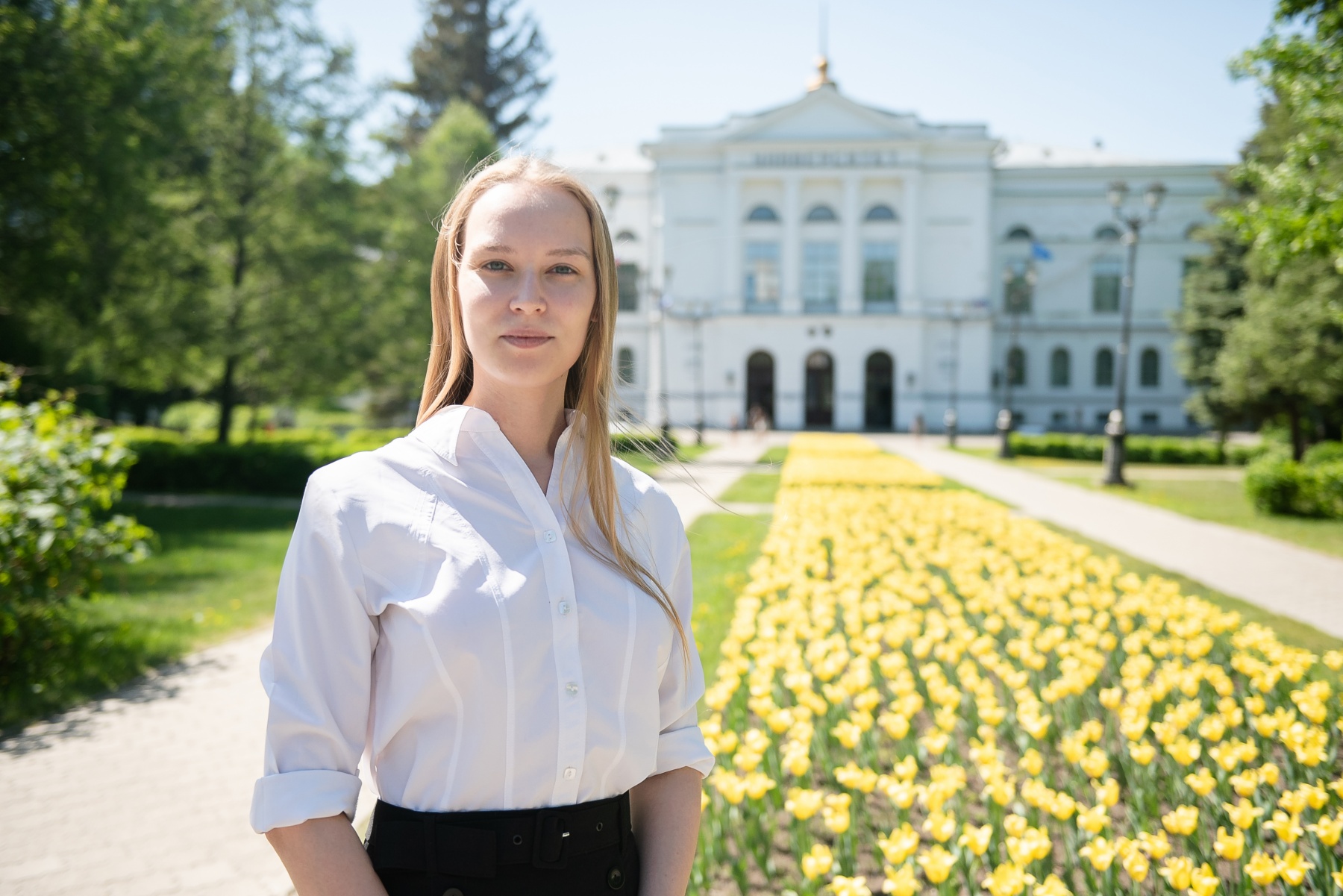ENRO began in spring 2021. Its goal is to study how the language the person speaks best at the time affects reading skills in English. Twenty countries participate in the project (Russia, US, Italy, Japan, Serbia, Thailand, Germany, UAE, Israel, and others) representing 13 language backgrounds other than English.
TSU provided 177 participants, who were students of the Faculty of Foreign Languages and Faculty of Philology, age 17-30, with a good level of English. Each participant had 1.5 hours to complete 10 tasks that check the participant’s reading skills in English, says Veronika Dibrova, fellow at the Laboratory of Linguistic Anthropology. She participated in the experiment herself, and then became one of the coordinators of the project and managed participant recruitment.

“TSU finished the main part of the project in December 2021. Currently, the results have been sent to Canada. The final results will be known later, when other countries’ results will be fully processed,” says Veronika Dibrova. “Participating in international projects is very important to us, we develop and foster international ties to promote TSU in the international scientific community and demonstrate that Tomsk is a strong research center.”
Professor Zoya Rezanova, deputy head of the TSU Laboratory of Linguistic Anthropology, says that the ENRO project is very close to her team in spirit and coincides with one of their research areas.“It is time for large-scale projects with international participation. Comparing our native language with another or how speakers of other languages acquire it using Big Data allows us to identify more new aspects in our native language,” says Professor Rezanova. “Comparative analysis is the leading methodology that powers a lot of projects working with Big Data, and coordinating research methods helps to increase the scientific attributability and accuracy of the project.”
After assessing ENRO’s potential, the laboratory staff discussed replicating the experiment for the Russian language with the project’s research team.“This international project gave us the instruments to start our own multilingual project. We want to conduct a similar experiment for other countries and other universities around the world,” says Professor Rezanova. “A project similar to ENRO will become one of the network research projects planned by our laboratory.”